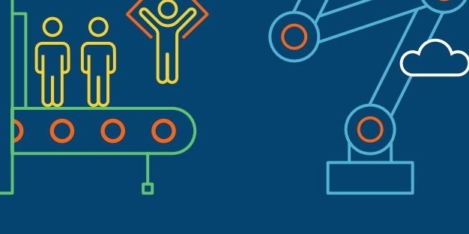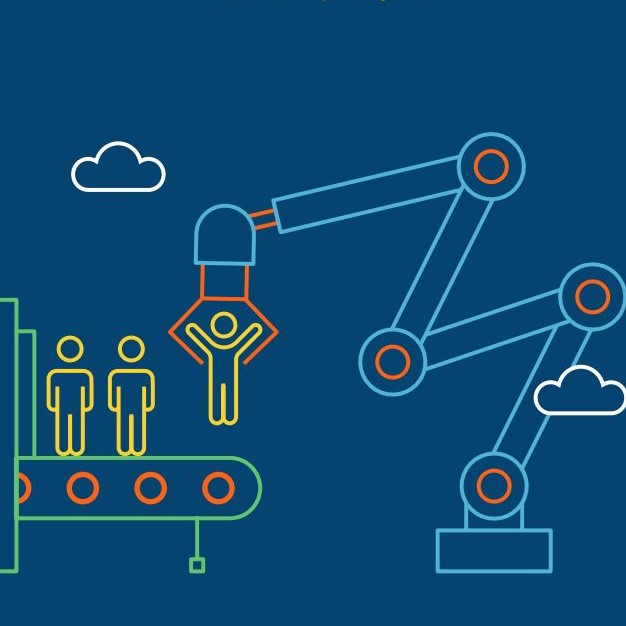To provide the best experiences, we use technologies like cookies to store and/or access device information. Consenting to these technologies will allow us to process data such as browsing behaviour or unique IDs on this site. Not consenting or withdrawing consent, may adversely affect certain features and functions.
The technical storage or access is strictly necessary for the legitimate purpose of enabling the use of a specific service explicitly requested by the subscriber or user, or for the sole purpose of carrying out the transmission of a communication over an electronic communications network.
The technical storage or access is necessary for the legitimate purpose of storing preferences that are not requested by the subscriber or user.
The technical storage or access that is used exclusively for statistical purposes.
The technical storage or access that is used exclusively for anonymous statistical purposes. Without a subpoena, voluntary compliance on the part of your Internet Service Provider, or additional records from a third party, information stored or retrieved for this purpose alone cannot usually be used to identify you.
The technical storage or access is required to create user profiles to send advertising, or to track the user on a website or across several websites for similar marketing purposes.
 Absence rates dues to illness or injury for UK workers rose by 7 percent in 2018 to an average of 4.4 working days according to new figures, published by the Office for National Statistics. During the full year, people took 141.4 million sick days compared with 131.5 million in 2017, when the figure reached its lowest since records began. The long term trend remains positive despite last year’s spike.The rate of absence from work due to sickness in people in the UK with no long-term health problems has halved in the past two decades according to the government data. More →
Absence rates dues to illness or injury for UK workers rose by 7 percent in 2018 to an average of 4.4 working days according to new figures, published by the Office for National Statistics. During the full year, people took 141.4 million sick days compared with 131.5 million in 2017, when the figure reached its lowest since records began. The long term trend remains positive despite last year’s spike.The rate of absence from work due to sickness in people in the UK with no long-term health problems has halved in the past two decades according to the government data. More →






































